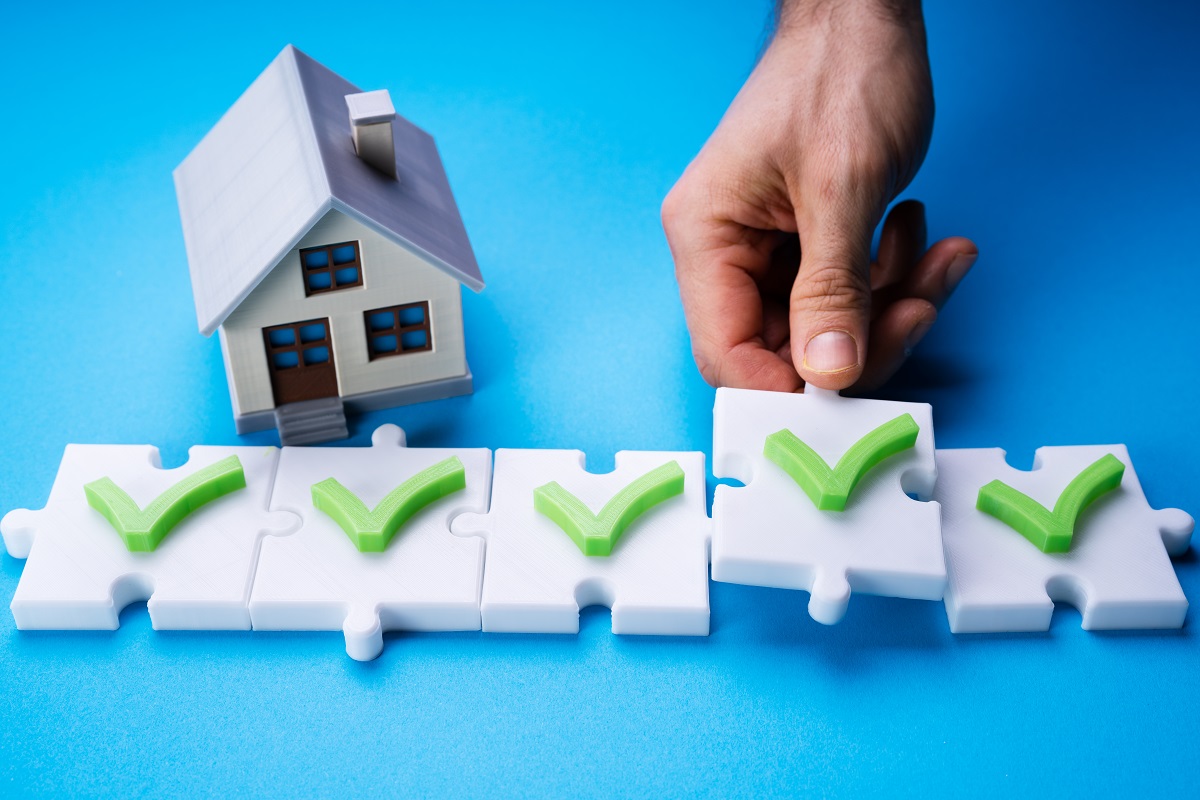FRELA assists you in real estate law for buyers in reviewing acquisition documentation.

Are you planning to purchase a high-end real estate property?
When conducting a review of the acquisition documentation for a real estate property in France, it is important to consider several key elements to ensure that the transaction takes place under the best conditions and in compliance with the current legislation. Our advice: entrust your review of the acquisition documentation to legal agents specialized in acquisition law.
Here is an exhaustive list of the main elements to consider:
Title deed: This is the document that proves ownership of the real estate property. It should be verified to ensure that the seller is the legal owner of the property, and that there are no ongoing disputes or registered mortgages.
Sales agreement: This is a contract signed by the buyer and the seller, which sets out the terms of the transaction. It should be carefully examined to ensure that all conditions of sale are included and that the terms of the transaction comply with the law.
Notarial deeds: The notary is responsible for drafting and signing the sales deeds. It is important to verify that all notarial deeds are in order, signed by the relevant parties, and compliant with the law.
Taxes and fees: When acquiring a real estate property, there are several taxes and fees to consider, such as transfer taxes, property tax, habitation tax, etc. It is essential to verify that all taxes and fees have been paid and that the property is in compliance with the tax authorities.
Technical diagnostics: It is necessary to ensure that all mandatory technical diagnostics have been carried out and that the property complies with current safety standards.
Easements: There may be easements that affect the property, such as rights of way or usage restrictions. It is important to verify if these easements may have an impact on your use of the real estate property.
Urban planning certificate: It is necessary to verify if the real estate property is located in an urbanized area and if it is possible to obtain the necessary building permits.
Possible mortgages: It is crucial to verify if the real estate property is burdened with a mortgage or any other charge that could limit ownership.
Termination clauses: It is important to check the termination clauses in the sales contract, which may include penalties for payment delays or other conditions.
Suspensive conditions: It is essential to verify if the sales contract includes suspensive conditions, such as obtaining financing, which must be fulfilled before the sale is finalized.
Guarantees and insurances: It is important to verify the guarantees and insurances related to the sale, such as the ten-year guarantee for works carried out on the real estate property.
Seller’s obligations: It is important to verify the seller’s obligations regarding the handover of keys, the release of the real estate property, and any additional warranties.
FRELA lists and verifies your acquisition documents, which often include:
- Copies of identification documents
- Copies of the family booklet
- Copies of the last two tax notices
- Copies of the last three pay slips for each buyer
- Simulation or financing plan proposed by a banking institution
- Proof of personal contribution
- Offer to purchase
- Acquisition contract

Verification of Mandatory Elements: Technical Diagnostics
When selling a real estate property in France, the seller is required to provide certain technical diagnostics, such as the energy performance diagnosis (DPE), termite diagnosis, and lead diagnosis. It is essential to ensure that these diagnostics have been carried out and that the property is in compliance with the current standards:
Energy Performance Diagnosis (except for off-plan sales)
The energy performance diagnosis (EPD) is a document primarily used to estimate the energy consumption and greenhouse gas emissions of a property. It must be included in the technical diagnosis file (TDF) and provided to the buyer or tenant in the case of sale or rental. Penalties are provided if the EPD does not comply with regulations.
Lead Exposure Risk Assessment
The lead exposure risk assessment, also known as the lead diagnosis, provides information on the presence of lead in housing. Your property is subject to this diagnosis if it was built before 1949. The lead diagnostic must be included in the technical diagnosis file (TDF). The TDF must be provided to the buyer or tenant in the case of sale or rental. Penalties are provided if the lead diagnostic does not comply with regulations.
Asbestos Survey or “Asbestos Diagnosis”
The asbestos survey, also known as the asbestos diagnosis, states the presence or absence of asbestos-containing materials in a property. Your property is subject to this diagnosis if its construction permit was issued before July 1997. The asbestos survey must be included in the technical diagnosis file (TDF). The TDF must be provided to the buyer in the case of sale.
Electrical Installation Condition
The electrical installation condition, also known as the electrical diagnosis, provides an overview of the safety of electrical installations in housing. Your property is subject to this diagnosis if the electrical installation is over 15 years old. The diagnosis must be included in the technical diagnosis file (TDF). The TDF must be provided to the buyer or tenant in the case of sale or rental.
Gas Installation Condition
The gas installation condition, also known as the gas diagnosis, provides an overview of the safety of gas installations in housing. Your property is subject to this diagnosis if the gas installation is over 15 years old. The diagnosis must be included in the technical diagnosis file (TDF). The TDF must be provided to the buyer or tenant in the case of sale or rental.
Non-Collective Sewage Treatment System Condition
When a property is not connected to the public wastewater collection network, it must be equipped with an autonomous non-collective sewage treatment system. This system must undergo an inspection conducted by the municipality, which results in a diagnosis. In the case of sale, the seller must include this diagnosis in the technical diagnosis file (TDF). The TDF must be provided to the buyer.
Termite and Other Wood-Destroying Insect Diagnosis
The report on the presence of termites, also known as the termite diagnosis, provides information on the presence or absence of wood-destroying insects (particularly termites, which feed on wood and cellulose-containing materials) in a property. This document must be carried out when the property is located in an area declared by a prefectural order. It must be provided to the prospective buyer.
Risk and Pollution State Diagnosis
A “state of risks and pollution” diagnosis must be included with the sales agreement, deed of sale, or lease in the relevant municipalities.
Airport Noise Diagnostic
The Noise Diagnosis (or state of aircraft noise nuisance) is a mandatory document for any sale or rental of a property located in an area exposed to airport noise. This document informs the prospective buyer or tenant about the existence of aircraft noise nuisances.
The rules differ depending on whether you are a seller or a landlord.
Contact us and share your project with us.
